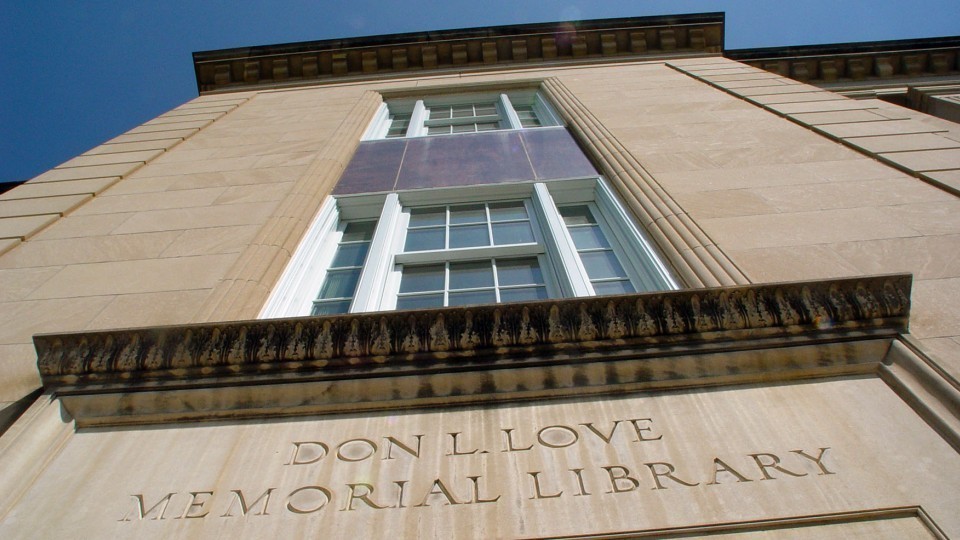
The Digital Commons achieved a notable milestone in January. In the most recent release of Cybermetrics Lab’s Ranking Web of Repositories, Nebraska’s Digital Commons was ranked 11th worldwide, 7th in North America and 6th among educational and research institutions.
The Digital Commons are an online repository of research materials that have been published by university faculty, staff and students.
Out of about 2,300 repositories rated, this ranking places the Nebraska repository in front of the University of Michigan (12th), Harvard University (53rd) and Cambridge University (114th), to name a few.
The Digital Commons contains more than 90,000 full text items and the content has been downloaded nearly 41 million times.
The annual rankings are based on number of pages (10 percent), number of referring subnets for inlinks (50 percent), mentions in social networks (10 percent) and number of files in the Google Scholar database (30 percent). The Nebraska repository ranks very highly in the inlinks, social networks and Google scholar database metrics.
The ranking agency, Cybermetrics Lab, is a research group belonging to the Consejo Superior de Investigaciones Científicas, the largest public research body in Spain. The Lab is devoted to the quantitative analysis of the Internet and web contents, especially those related to the generation and communication of scientific knowledge.
Paul Royster, coordinator for the Digital Commons, credits the ranking not only to the number of items included in the repository, but also to a well-rounded selection of popular research content.
“Many faculty, staff, students and emeriti faculty, voluntarily contribute their publications to make the repository a reality,” Royster said. “We couldn’t do our work without the buy-in of the university community.”
Visit the Digital Commons website to access the papers -- all available to read for free for anyone with an Internet connection -- and to view a real-time map that shows the worldwide downloads of papers.
Nebraska Today
More details at: http://news.unl.edu/